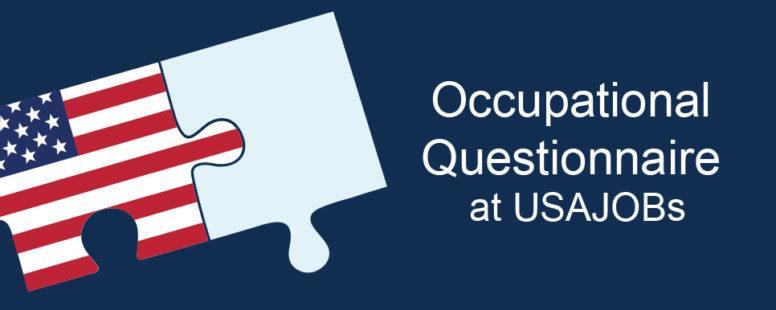Understand the USAJOBs Workplace Survey

What Are Online Resume Templates?
Online resume templates, also known as resume builders, are web-based tools designed to assist job seekers in creating professional and visually appealing resumes. These platforms offer pre-designed formats and layouts that users can customize to showcase their skills, experiences, and qualifications. Resume builders typically guide users through the resume creation process, allowing them to input their information, select appropriate sections, and modify the design to suit their preferences.
Online resume templates have become increasingly popular due to their convenience, time-saving nature, and ability to produce polished resumes, even for those with minimal design or formatting skills.
Pros and Cons of Templates
Pros:
a. User-Friendly: Resume builders are generally intuitive and easy to use, making them accessible to job seekers of all backgrounds and experience levels.
b. Time-Saving: By providing pre-designed layouts, templates streamline the resume creation process, saving users valuable time.
c. Professional Appearance: These templates are often designed by experts and come with well-structured formats that present information visually appealingly.
d. Customization: While templates offer a consistent structure, users can still personalize their resumes by adding unique content and tailoring the language to match their career objectives.
e. Accessibility: Since online resume builders are web-based, users can access and edit their resumes from anywhere with an internet connection.
Cons:
a. Lack of Originality: Because templates are widely available, multiple job seekers may end up with similar-looking resumes, potentially diminishing the impact of their applications.
b. Limited Customization: While some customization is possible, templates may not cater to highly specialized professions or unique career paths, leading to a somewhat generic appearance.
c. Formatting Limitations: Certain templates may need to fully support, including complex data, charts, or highly customized design elements.
d. ATS Compatibility: Some templates may not be optimized for Applicant Tracking Systems (ATS), potentially causing issues when employers use automated screening processes.
e. Content Overlook: Relying too heavily on a template might distract job seekers from focusing on the content and tailoring it to specific job applications.
What Information About You Is Important in a Resume
When crafting a resume, certain key pieces of information should be included to present your qualifications to potential employers effectively:
a. Contact Information: Your name, phone number, email address, and, optionally, a LinkedIn profile or personal website should be clearly displayed at the top of the resume.
b. Professional Summary or Objective: A brief statement summarizing your career goals and highlighting key skills and experiences relevant to the job you are applying for.
c. Work Experience: A comprehensive list of your previous job roles, including job titles, company names, dates of employment, and concise descriptions of your responsibilities and accomplishments.
d. Education: Information about your academic qualifications, including degrees, certifications, relevant coursework, and any academic achievements.
e. Skills: Highlight both hard and soft skills that align with the job requirements, using keywords from the job description to improve ATS compatibility.
f. Achievements and Accomplishments: Showcase specific achievements and quantifiable results from your past experiences to demonstrate your value to potential employers.
g. Professional Development: Include any relevant training, workshops, or certifications that enhance your qualifications.
h. References: Unless explicitly requested, including references on your resume is generally optional. Instead, state that references are available upon request.
What Not to Write in a Resume
To avoid unnecessary information and keep your resume concise and impactful, refrain from including the following:
a. Irrelevant Work Experience: Exclude experiences that are unrelated to the job you are applying for, especially if they are from many years ago.
b. Personal Information: Avoid including personal details such as age, marital status, religion, or social security number, as they are not relevant to the application process.
c. Generic Job Descriptions: Refrain from using overly vague or generic job descriptions that fail to showcase your specific accomplishments.
d. Unprofessional Email Address: Use a professional email address on your resume, preferably one with your name in it.
e. Salary Expectations: Save salary discussions for the interview stage; your resume differs from the appropriate place to mention salary requirements.
f. Negative Language: Keep the tone of your resume positive and avoid any negative comments about previous employers or experiences.
Conclusion
Online resume builders offer a convenient and user-friendly solution for crafting well-structured and visually appealing resumes. While templates can expedite the process and enhance the professional appearance of a resume, job seekers should exercise caution to ensure their resumes remain unique and tailored to their specific qualifications. Remember to focus on relevant information, avoid unnecessary details, and use templates as a starting point for customization. A well-crafted and individualized resume will significantly improve your chances of standing out to potential employers and securing the job you desire.